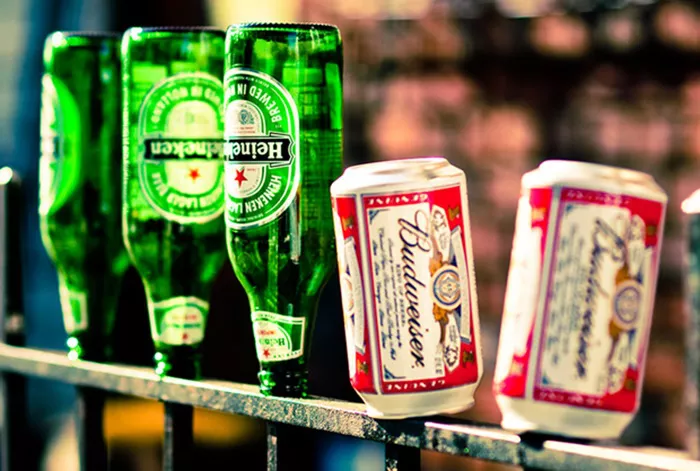PRAGUE – Czech beer culture, a cornerstone of the nation’s identity for over a thousand years, is making a push for international recognition, as the Czech Beer and Malt Association seeks UNESCO’s Intangible Cultural Heritage listing. This bid comes at a time when local beer consumption and pub attendance are on the decline.
Tomas Slunecko, head of the Czech Beer and Malt Association, emphasizes that Czech beer’s “global reputation” makes it a deserving candidate for UNESCO’s cultural heritage recognition. He highlights the widespread admiration for Czech beer, with people from across Europe and the world showing keen interest in the nation’s brewing legacy. If successful, this would make the Czech Republic the second country to have its beer culture listed, following Belgium’s inclusion in 2016. According to Slunecko, Belgium’s recognition has significantly boosted the global reputation of its beer industry, something he hopes to replicate for Czech breweries.
The Czech Ministry of Culture has already included the tradition on the country’s national cultural heritage list in January, a vital step toward securing international recognition. Efforts to promote the nomination are now underway.
Economic Impact and Challenges
Despite the rich history and tradition of Czech brewing, the beer industry is facing challenges. The Czech Republic is home to more than 550 breweries, with 500 small operations that have flourished in the past two decades. These breweries employ approximately 65,000 people and produce around 20 million hectolitres of beer annually, a quarter of which is exported primarily to other EU countries. However, local beer consumption is on the decline, driven in part by rising beer prices.
In 2023, the average Czech consumed 128 liters of beer per year, maintaining the country’s world-leading position, but this figure represents a drop from 143 liters a decade ago. The rise in beer prices – more than doubling in the past decade due to higher taxes and production costs – has prompted many consumers to seek more affordable options in supermarkets. In Prague, for example, a pint of Pilsner Urquell now costs around CZK 70 ($3), making beer no longer cheaper than water in some bars.
The Covid-19 pandemic exacerbated these issues, as lockdowns and border closures led to the shuttering of pubs and reduced foreign tourism, further contributing to the decline in pub visits.
Changing Drinking Habits
Data from the Czech Chamber of Commerce reveal that 15% of local pubs closed, and another 15% changed ownership due to the pandemic. In small towns and villages, many now lack a place to enjoy a pint, with pub consumption dropping from 50% of total beer consumption to just 30%. Sociologist Jiri Vinopal notes that Czechs increasingly prefer meeting online or opting for healthier lifestyles, mirroring trends seen elsewhere in Europe.
Despite these challenges, Slunecko remains optimistic about the future of Czech beer culture. He believes that the growing presence of women in pubs, drawn by better standards, a wider selection of drinks, and quality food offerings, could help reverse the decline. He suggests that quality is now taking precedence over quantity in the beer market, and likens modern Czech pubs to “social networks,” where people can gather, socialize, and reconnect in a friendly atmosphere.
As the Czech beer industry continues to face economic pressures, industry leaders remain committed to ensuring that the nation’s beer culture remains a source of pride and recognition on the global stage.
You Might Be Interested In:


